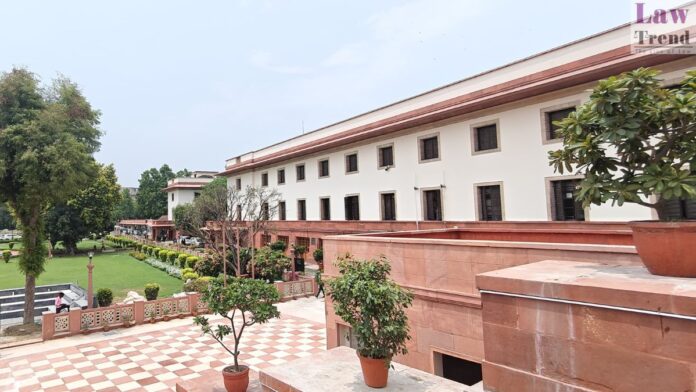The Supreme Court of India, in a significant ruling, has held that the protection afforded to transactions under Section 37 of the Provincial Insolvency Act, 1920, does not extend to sales and dispositions that are not “duly made.” The Court set aside a Karnataka High Court judgment that had validated the sale of an insolvent’s
To Read More Please Subscribe to VIP Membership for Unlimited Access to All the Articles, Download Available Copies of Judgments/Order, Acess to Central/State Bare Acts, Advertisement Free Content, Access to More than 4000 Legal Drafts( Readymade Editable Formats of Suits, Petitions, Writs, Legal Notices, Divorce Petitions, 138 Notices, Bail Applications etc.) in Hindi and English.




